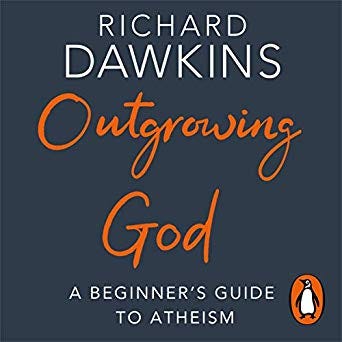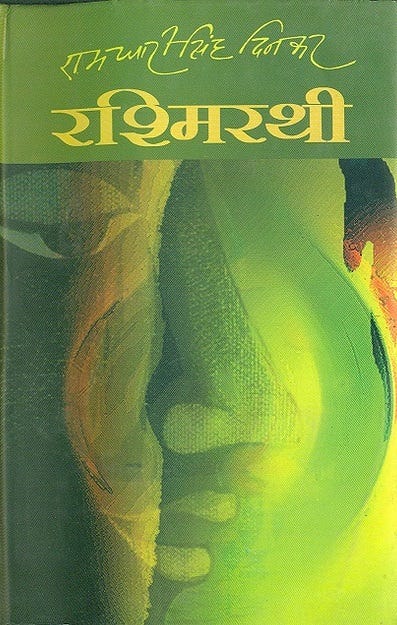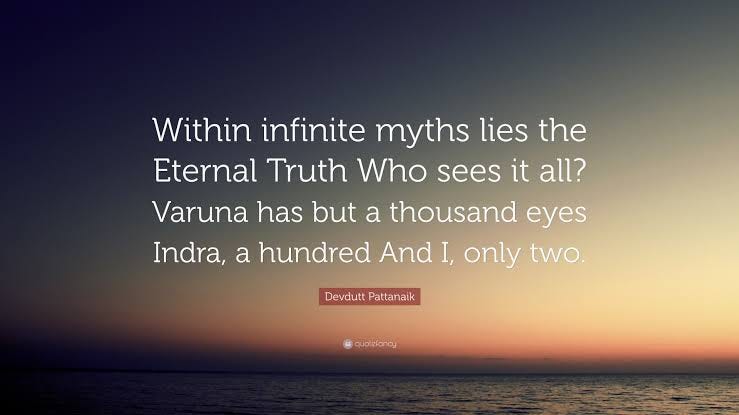
Faith
Do you have ‘Faith’?
Do you ‘Believe’ in God?
If not A single God, then perhaps many gods?
Or perhaps you believe in a higher power that governs the world. Or maybe some sort of superior energy that runs through all matter in the universe, uniting all of us in some mystic sense? Or are you faithless? just drifting through life without attaching any larger meaning to any of your actions.
Its heavy stuff, I know.
Religion
Religion, or Spirituality, or whatever you want to call is a very complex idea, and its often hard to describe what we feel about it.
It takes a lot of hard work to make sense of religion in our day to day lives. Hence, once we study some science, the easier choice is to discard religion rather than try to wrap our head around it. A modern secular education makes it very convenient for us to proclaim ourselves an atheist, or as is in vogue these days, an agnostic.
That’s an easy escape from having to think about the tough questions that religion attempts to answer.
The Big Questions
What do you believe in? What do you live for? what are you ready to die for?
What is the meaning of your existence, what is the purpose of your life?
Where do we come from? where are we going?
How are we born, what happens after we die? What constitutes life itself? Is life matter or energy, can it be measured like Gravity or felt like the wind?
Looking out at a summer night’s clear sky, with a million stars and an enormous moon, when we feel all small and irrelevant in the eternal dance of the cosmos, I’m sure we all have often questioned where do we fit into the whole story of the universe. A story that science can only explain the “How” of and not the “Why”.
Its overwhelming, right?
#1
Organized religion has given us social order, morality and a value system that has helped our species survive and thrive for thousands of years, tapping beautifully into our tribal instincts. Its interesting that while it works really well at a group level, at the individual level, with more and more knowledge of the natural world, it often falters in explaining the larger questions we would want answered.
I myself feel these questions can only be answered by individuals themselves for themselves. Trying to answer these questions is an extremely personal and cathartic experience. An experience we must all have repeatedly throughout our lives.
Whether you’re part of an organized religion or not, do read this post from Zat Rana of DesignLuck , where he explains why everyone needs a personal religion.

Everybody Needs a Personal Religion
(6 mins)
#2
Evolutionary Biologist Richard Dawkins has been called a ‘militant atheist’.
Over a career expanding more than 50 years he has written several books propounding evolution and criticizing the major religions of the world. Apart from being attributed as the creator of the term ‘Meme’ in his 1982 book ‘The Selfish Gene’, he has mostly been ridiculed by religious fundamentalists for almost starting the religion of modern atheism.
His latest book "Outgrowing God” is a great summation of his beliefs about religion and evolution. He meticulously takes down the major world religions including Christianity, Judaism, Islam, Hinduism in the first half of the book. In the second half he goes on to explain how evolution can explain almost every absurdity and profundity we see around in nature, and we don’t need religion anymore.
Interestingly enough, he also explains that the need for religion in human society is also a result of our social evolution.
Its a fascinating read, and as the subtitle of the book says, its a perfect beginner’s guide to atheism.
Get the book :
Outgrowing God:A beginner’s guide to Atheism
(304 pages) (6.5 hours on Audible)

#3
While Dawkins’ atheism rejects religion outright, British philosopher Alain De Botton’s atheism wants to embrace the qualities of religion.
In his Ted Talk, Botton proposes Atheism 2.0, where we pick and choose the best features of the world religions that we love. So be it the ritualistic practices of faith, or the oratory of the sermons, or the constant repetition of key ideas day in and day out, he argues that these aspects of religion can be extremely helpful to the non-believers in making their lives better.
Watch Alain de Botton’s Ted Talk
Atheism 2.0
(19 mins)
Observe religious practices around yourself, and think about the ideas you would like to incorporate in your own personal religion.
#4
Hindu mythology is vast. Thousands of years ago most of the ancient stories and myths were propagated via verbal traditions across generations. This lead to a lot of fluidity in ideas and personal interpretations of widely popular beliefs.
This tradition continued even after the invention of writing. And that has lead to various interpretations and perspectives on the commonly read mythological stories. In present times of course, we have Amish Tripathi interpreting the Shiv Puran and the Ramayana in his modern technology-centric view of mythology.
But perhaps the most hard hitting of such interpretations came in 1952, when renowned poet Ramdhari Singh ‘Dinkar’ wrote the epic poem ‘Rashmirathi’. It is an interpretation of The Mahabharata from the point of view of Karn, one of the most underrated characters in the traditional story.
It speaks of human grit and competence like no other piece of writing can. The expressions in the book evoke extreme emotions of rage, pain, sadness and love at different moments. Its a must if you can read a bit of Hindi poetry.
Get the book
Rashmirathi
(176 pages)

Meanwhile, this rendition of Rashmirathi’s one of the most powerful passages by Manoj Bajpayee is beautiful. It will give you goosebumps.
Watch the video
(7 minutes)
#5
Signing off for the weekend, here’s a quote worth pondering

Within infinite myth lies the Eternal Truth. Who see it all?
Varuna has but a thousand eyes Indra, a hundred, You And I, only two.
— Devdutt Pattnaik
Devdutt is a controversial character these days, but he does get a lot of mythological ideas right.
Any event that takes place has multiple perspectives and interpretations. We can only see things from one perspective — our own. We would do well to acknowledge this idea and respect one and all around us in the pursuit of their own eternal truth.
Think about it.
Related:
Believe It Or Not — Wisdom Letter #38
And don’t forget to hit the subscribe button below to receive this Wisdom Letter directly in your inbox next week, it will help you spend your Sundays wisely.
And if you like what you saw this week, tell someone about it, share this post :)
Ciao
Aditi & Ayush
This was Wisdom Letter #8. In case you missed last week’s letter, check it out here- #7 its called “Stepping Out of the Box”.
And if you’re wondering why we are doing this project, what is the point of it? checkout the intro post, it might make some sense!



